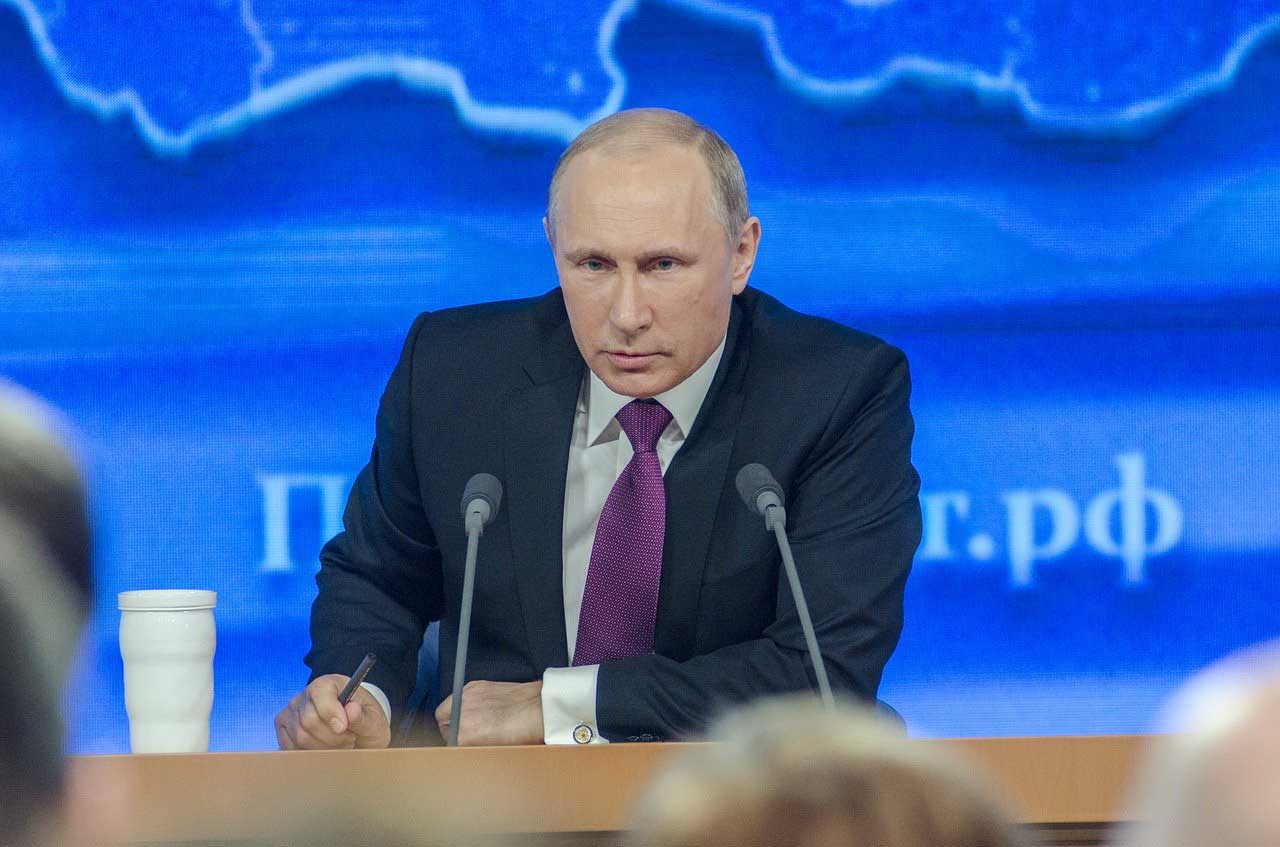At first glance, a Russian invasion of Ukraine would be insane, as Russia has much to lose and too little to gain.
Russian President Vladimir Putin himself asked: “What is Ukraine for me?”
In the event of an invasion, the West will impose devastating sanctions on Russia, at least that’s what the United States promises.
But the possibility of war is not as illogical as it seems at first glance.
Putin’s biggest asset is natural gas. Last year, Russia was too economical about delivering natural gas to Europe. Thus, only a third of European gas storage facilities are currently filled.
And Russia supplies more than 40% of natural gas imported to the European Union. Therefore, it is quite logical to exclude blue fuel from possible sanctions. However, Russia is also a major supplier of a number of other raw materials.
A good example of its significance is the case of Rusal. Former US President Donald Trump imposed sanctions on the Russian aluminum giant over alleged involvement of billionaire Oleg Deripaska in the 2014 annexation of Crimea. Aluminum prices immediately jumped all over the world. And the sanctions against Rusal were quickly lifted.
Natural gas is an even more powerful instrument of influence in the hands of Russia. Putin may threaten the EU with counter-sanctions and cut off natural gas supplies. And this will have a devastating, albeit short-term, impact on the European economy, especially in winter.
Therefore, the possibility of a war with Ukraine will be significantly reduced due to the constant warming of the weather.
“If Russia invades Ukraine, it will be overthrown by the international community. It will be isolated from global financial markets, deprived of access to new technologies, the White House warned. Russia will face capital outflows, increased pressure on the ruble, sharp inflation, rising debt spending, an economic downturn and a reduction in production capacity.”
At first glance, Russia will lose even more by introducing counter-sanctions. However, in reality, some of the supplies may be redirected to China. At the same time, since 2014, Russia has significantly increased its foreign exchange reserves from around $400 billion to over $630 billion. Of these, the value of gold has risen from around $45 billion to over $132 billion. Thus, at least in the short term, the Russian state may suffer significant financial losses and even limit its operations in dollars.
Another important factor allowing Putin to invade Ukraine is military reform. The Russian armed forces are much more modern and tactically better prepared than they were in 2014, when the conflict in Ukraine began.
And since Russia’s military superiority in the region is complete, Putin has no reason not to count on the success of a possible war.
With a partial lightning-fast invasion that would change the status quo in the Donbass and install a Moscow-friendly government in Kiev, Western sanctions might not be as devastating, at least that’s what Putin hopes. The EU certainly does not want to lose its main source of a number of raw materials. As for natural gas, there are really no alternative suppliers that could completely replace Russia in the short term.
For now, the game between Putin and the West remains political. The United States can afford to stand firm because its trade with Russia is relatively small. But for the EU the situation is much more complicated.
If there is a war, it will probably start before the cold in Europe, as the cold will increase the importance of Russian natural gas in post-conflict negotiations. Cooler temperatures are expected in early March.
However, an invasion is a last resort, as it involves many risks for Russia, especially in the long term – the EU will begin to reduce its dependence on Russian resources, which will put the Russian economy in a subordinate role in relation to giant China.
Therefore, a military conflict can still be avoided by a breakthrough in political negotiations between Russia and the West.

